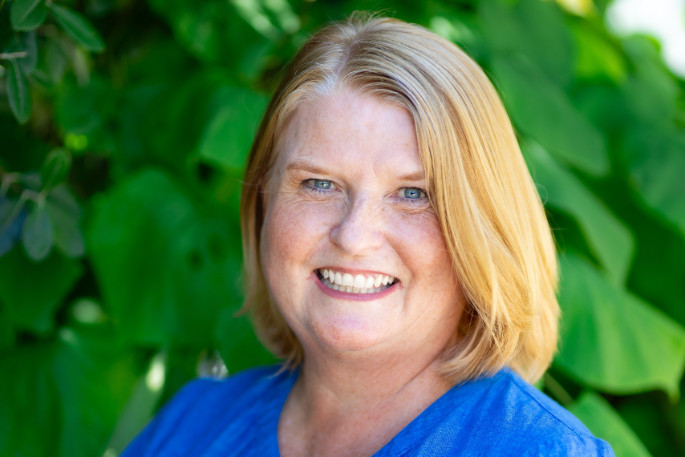An innovative new programme designed to enrich the lives of those living with dementia is being launched in Tauranga. The programme is being run by Enliven and if successful will be rolled out in other regions.
'We've got 70,000 people in New Zealand living with dementia and that number is expected to double every 20 years due to our aging population,” says Health and Disability general manager Wendy Hoskin. 'This is a degenerative condition that affects a lot of people, and we need to prepare ourselves.”
EnlivenPlus has been in development for 18 months and now the team is looking for Tauranga people to take part. For Wendy, this is a personal passion project.
'I have loved ones living with dementia,” she says. 'The diagnosis is confronting because there's no cure. It's scary for the person but it also affects their wider whanau. There's a large amount of stress that comes with a diagnosis.”
Presbyterian Support northern dementia implementation lead Adrian Toft says often, people with dementia can often simply withdraw from society.
'Clients have told us they feel as if they're about to fall off a cliff. It's scary and there's such a stigma around dementia that many tend to keep quiet about it. Then friends and family can pull back because they don't know how to deal with it. It can be a very isolating condition and that's what we need to change.”
EnlivenPlus staff meet with each person living with dementia as well as their caregiver to work out a strategy that keeps them excited about the dreams and goals they had prior to their diagnosis.
'All the staff involved are highly trained in dementia, they're experienced, and they have a heart for people living with dementia. They want to help make the journey through dementia one where you get to live your best life,” says Adrian. 'We are very fortunate to have Ruth Thomas leading the programme who is well known in dementia circles having spent the last 30 years involved in the sector including as a dementia advisor for the Ministry of Health.”
Those on the programme have Kitcal; an electronic tablet controlled remotely that provides reminders and allows direct communication with their family. They create a ‘This Is Me' folder of their life story as one of the cognitive re-ablement activities and agree to a personalised action plan.
'We find out what they're interested in and build on that. The difference with EnlivenPlus is that we're providing a tailored programme by people trained to work with this condition,” says Wendy.
'As an example,” says Adrian, 'someone who loves bowls may just need someone to go with them to enable them to continue rather than becoming socially isolated. Someone who had been planning a world trip may still like to plan and plot the journey they would've taken. It gives them something to look forward to each day.”
Adrian says losing purpose and social connection can cause the brain to degrade and speed up the onset of dementia.
'The brain is a muscle that needs to be stretched,” he says.
'This is a complex brain disease that goes beyond memory problems, it can also affect communication and the ability to make decisions.
'We need to convince the government to subsidise the programme to help as many New Zealanders with dementia as possible. We want to enable people with dementia to stay in their homes for longer where possible. It is important to improve the quality of life for them, their primary carers and their entire families.”

